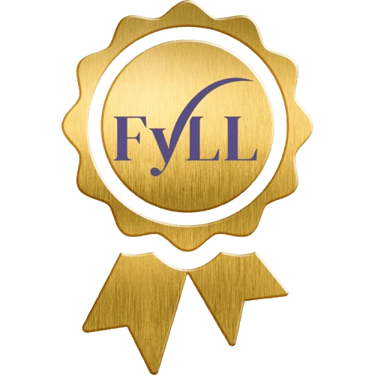Project Description
FYLL Project –
Fair Youth Labour Label
Didaxé Cooperativa Sociale, in collaboration with partners Odyssea (Greece) and Projecteka Association (Bulgaria), promotes the FYLL Project – Fair Youth Labour Label (2024-1-IT03-KA210-YOU-000246569) funded by the Erasmus+ program.
FYLL is an initiative dedicated to promoting fair and transparent working conditions for young people in the participating regions, including Cellole (Italy), Egina (Greece), and Sofia (Bulgaria). Through the creation of an ethical label, the project aims to raise awareness among young people and businesses to build a more inclusive and sustainable labor market.
FYLL Project Goals
The project aims to:

Increasing awareness of workers’ rights among young people.
Create an ethical certification to identify and highlight virtuous businesses within local communities.

Promote a responsible business culture that is aware of its social role.







1
2
3
Project Description
The project’s target group consists of young people from towns of Italy, Greece and Bulgaria. The target group is between the ages of eighteen and twenty-five, exposed to a particularly disadvantaged labor supply in several respects. These young people include precarious and seasonal workers, those in underpaid jobs, young job seekers with low skills, NEETs, those working illegally and/or in exploitative conditions, and young people with non-contracted work. Particular attention will be paid to those groups exposed to marginality caused by working conditions and their economic level.
A second target audience includes entrepreneurs in these areas, who are committed to participating in the project, with the aim of increasing awareness of their role in society and the promotion of a fair and sustainable working environment, as well as the dissemination of a fairer business culture to change the working landscape in which they operate. Together with young people, they will articulate an intergenerational dialogue, through which they will bring out their needs and demands, generating an interesting and shared learning space in order to improve working conditions and the widespread representation of the world of work.
Project Activities
The FYLL project will include several key phases:
1. Recruitment Phase: selection of interested young people and entrepreneurs;
2. Training Phase: workshops on work culture, the value of business within the community, and workers’ rights, which will be held from February to April 2025;
3. International Workshop: an international meeting in May 2025 in Cellole (Italy), where Italian, Bulgarian, and Greek participants will collaborate on creating the FYLL label;
4. Distribution Phase: launch and promotion of the label at local and international levels, with the goal of rewarding responsible businesses.
The project, starting in September 2024, will terminate in February 2026.
For more information, contact us:
Didaxé Cooperativa Sociale at info@didaxe.it
Projecteka Association at projecteka14@gmail.com
Odyssea at info@odyssea.com
Funded by the European Union. Views and opinions expressed are however those of the author(s) only and do not necessarily reflect those of the European Union or the European Education and Culture Executive Agency (EACEA). Neither the European Union nor EACEA can be held responsible for them. Agreement number: 2024-1-IT03-KA210-YOU-000246569
contact
SUBSCRIBE
Didaxé Cooperativa Sociale a R.L.
Address: Officine Didaxé - Cellole Youth Centre. Via delle Agavi 596 - 600, Baia Domizia, Cellole
Telephone: +39 01119504220
E-mail: info@didaxe.it
© 2024 FYLL PROJECT - All Rights Reserved




